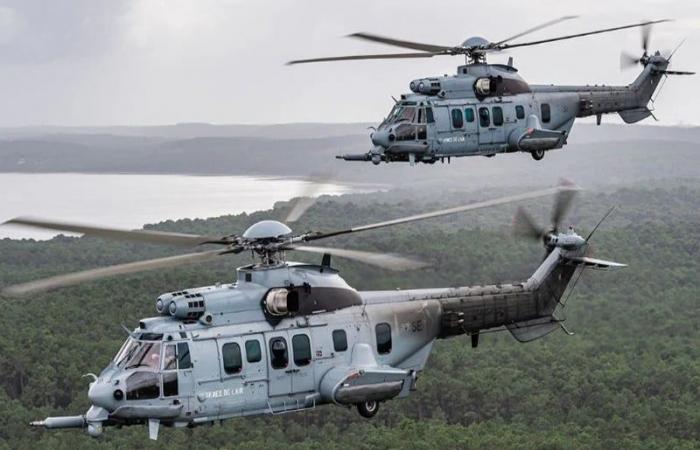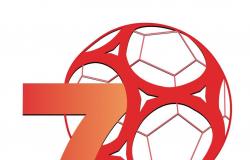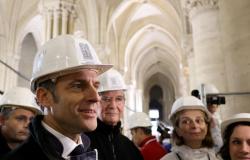There are negotiations that move at the rhythm of a hummingbird’s wings and others that get bogged down like a plane waiting to take off on a tarmac in poor condition. The deal between Airbus Helicopters and Morocco for the acquisition of the H225M Caracal clearly belongs to the second category.
However, the device has not been unworthy: its service record on various international fronts and its impressive performance speak in its favor. Rabat appears, however, to be taking a thoughtful and methodical approach, a strategic choice that, while slightly frustrating for Paris, demonstrates the Moroccan desire to ensure that every detail is perfectly aligned with its interests.
Airbus Helicopters between sky and uncertainties
Airbus Helicopters hoped to take advantage of Emmanuel Macron’s recent visit to Morocco to propel this thorny issue, indicates La Tribune.fr. This diplomatic trip, which should have been the scene of a resounding announcement on a contract for 18 aircraft, turned into a heavy silence.
The French president had, however, taken Bruno Even, CEO of Airbus Helicopters, in his luggage, added to the delegation at the last minute as a wild card. But the gamble did not bear fruit: no contract signed, no handshake immortalized under the photographers’ flashes.
It must be said that Rabat hardly appreciated what it perceived as a thinly veiled attempt at pressure on the part of Paris. There are partnerships that thrive on mutual trust and others that get bogged down in cold calculations. Here, Moroccan negotiators appear to have opted for caution, scrutinizing every technical detail, every budget line and every contractual condition.
If the negotiations were successful, this contract would represent a real lifeline for the Airbus Helicopters production site in Marignane, in Bouches-du-Rhône. The H225M, a heavyweight in military aviation with a payload capacity of 11 tonnes, is the flagship of a production line which has recently experienced turbulence, underlines the media.
After a peak in deliveries a few years ago, order books for this aircraft have thinned, forcing Airbus Helicopters to juggle other models, such as the H160, to maintain pace. Recent contracts in Iraq (14 aircraft), the Netherlands (12) and even with the Japanese coast guard (3) have made it possible to avoid asphyxiation, but the Moroccan order would be a breath of fresh air in this such a delicate equation.
In the longer term, Airbus is counting on the 38 H225s ordered by the German Bundespolizei to stabilize its production, but these deliveries will not begin until 2029. Until then, it will be necessary to fill the void and Morocco could well be the part missing from the puzzle.
Broader French vision: Morocco, strategic hub for Africa
The current negotiations are not limited to the simple acquisition of devices. Airbus Helicopters is thinking big and aims to transform Morocco into a nerve center for maintenance and repair (MRO) for West Africa. This project, if successful, would offer a considerable logistical advantage to Airbus, as well as a strategic lever for Rabat, wishing to strengthen its positioning as a regional leader in aeronautics.
The bet is ambitious and based on a finely orchestrated balance between the strategic interests of Morocco, the economic imperatives of Airbus and the unique dynamics of relations between Paris and Rabat. Behind these discussions, the entire Franco-Moroccan partnership is expressed, enriched by moments of harmonious convergence and a few nuances which, far from slowing down the momentum, testify to the depth and complexity of this privileged relationship.
The calendar for this series is now set: 2025 will be the year of the verdict. Until then, Airbus Helicopters will have to navigate between measured optimism and strategic patience, hoping that current discussions result in a contract that would do much more than fill production lines. This would be a strong signal for the aeronautical industry, for Franco-Moroccan cooperation and, above all, for the future of the H225M.
It remains to be seen whether Rabat, with its keen sense of timing and its ability to negotiate firmly, will give in to Marignane’s sirens or continue to hover at its own pace. One thing is certain: the Caracal has not yet said its last word.






